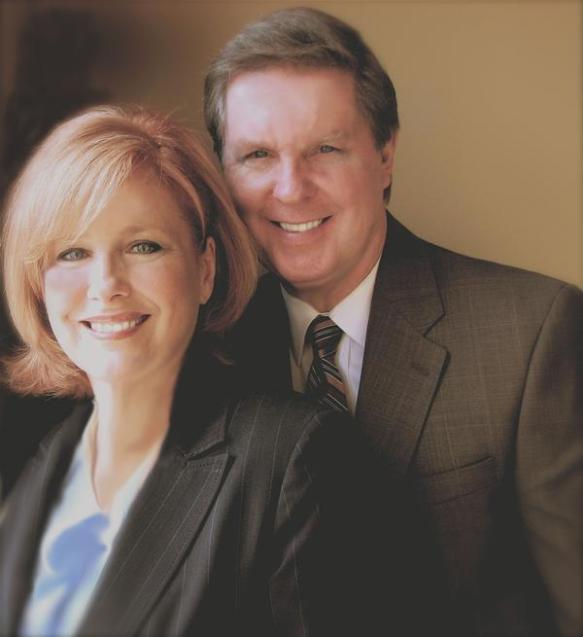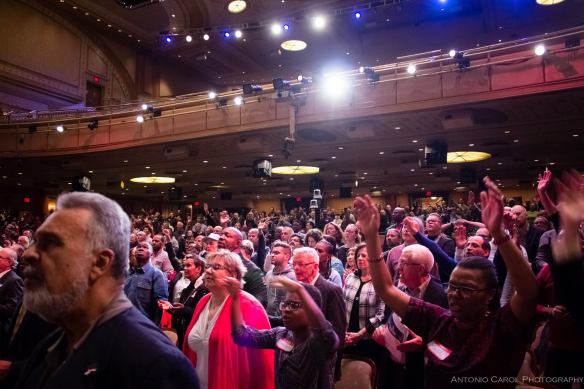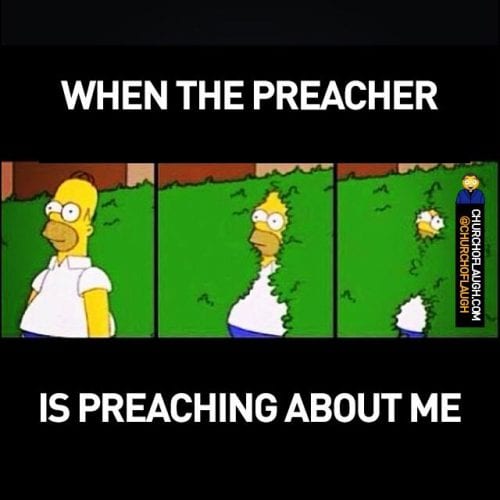You don’t need to be anything more than a casual observer of American (and Western) culture to know that something significant is happening.
Charlottesville, Ferguson, Baltimore and a host of other cities that have seen events that symbolize the problems this generation is struggling with will, sadly, likely give way to a list of more cities and events yet to come. Terror attacks in North America and a host of global cities seem to happen weekly. In addition, the current political division is as bad as it’s been in a long time.
The violence, destruction and tension have become so normal that we no longer even post the “Pray For [Insert City Here]” graphics that used to earnestly spring up on social media whenever a new crisis emerged. There are just too many, and we’ve become too numb.
Add some unbelievable political tension into the mix, and most of us don’t know how to respond. Even as someone who lives north of the U.S. border, has a great affection for the U.S. and has many friends in America, we all feel the tension to one extent or another and are living through it.
No church in Canada or anywhere in the West can pretend we’re not living in an age of heightened tension.
So how do we respond to the situation we’re in? While some in our culture believe the church is part of the problem, I believe it’s key to the solution.
Jesus is the love we keep missing as human beings. He is who we all really long for, and in Christ, we find our unity.
So how does the church better function as part of the solution rather than as part of the problem?
Here are four ways Christians and the church can bring hope to the increasingly fragile culture around us.
1. Be a Confessor in a Culture of Blame
It’s so easy to point the finger at someone else. This is true in human relationships (think about your marriage), but it’s also true culturally.
So when any kind of tension arises, ask yourself what you own before asking anyone else what they own.
Violence begins in our hearts before it ever hits the street. A nation and the world become divided because our hearts are divided.
Too often Christians focus on what we can’t change and ignore what we can.
All of this is what confession is designed to root out.
Imagine what would happen if Christians owned the racism, sexism and other isms that live in our hearts. Imagine what might happen if we confessed that we have not adequately loved people who are different than us.
Maybe true prayers of confession are rare in church (they are usually either rote or non-existent) because they’re rare in leaders.
It’s so easy to believe you’re right and everyone else is wrong. There’s a sense in which that’s normal. I hope you believe you’re right about what matters most, otherwise, why do you hold your conviction?
But…you are not always right. And you don’t hold a monopoly on truth. Your perspective and mine are flawed. None of us loves perfectly or deeply enough.
When you confess that you’re part of the problem, the solution becomes clearer. You will never address the wrong you don’t confess.
2. Foster Conversation in a Culture That Shouts
Thanks to social media, everybody has a platform. A ridiculous amount of people use theirs to shout rather than to listen.
Just check your feed at any given moment, and it’s likely crammed with everything from people WHO SPEAK IN ALL CAPS to links denouncing the other side (whoever that other side is) to proclaiming how they’ve figured out what all the dumb people haven’t.
This translates into real life too. Conversations seem to be devolving into an exchange of monologues between two people who don’t seem terribly interested in each other.
People appear to be talking at each other as much as they’re talking with each other. I’ll share my opinions and then you can share your opinions. That’s not conversation.
You know what’s missing in the current culture?
Well, a bunch of things.
Listening
Thoughtfulness
Humility
Kindness
Openness
Genuine, authentic conversation features all of those elements and more.
When was the last time you had a genuine conversation with someone who doesn’t share your values? By that, I mean an exchange where you listened as much as you spoke? Tried to understand more than you tried to be understood? Cared about them as much as you ever cared about your point of view?
That’s what conversation is. And conversation is an endangered species in our current culture.
Love listens. So should Christians.






















